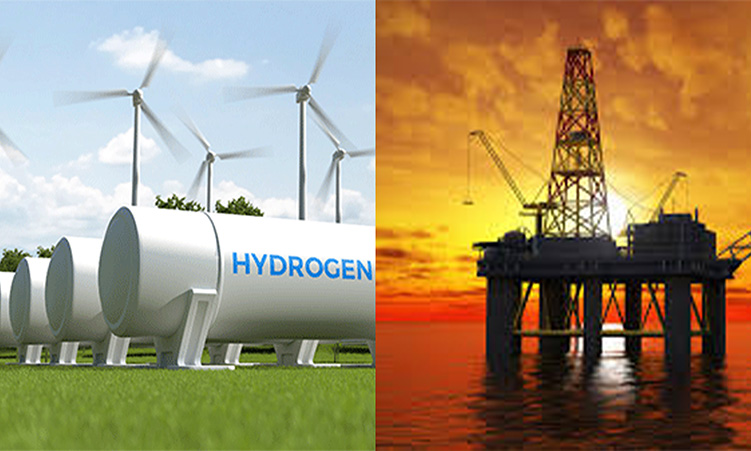By Shania Lazarus
Copyright namibian

The Institute for Public Policy Research (IPPR) has recommended that the government prioritise either oil and gas or green sustainable growth, or risk both industries failing.
According to the ‘Oil in Namibia: Economic Opportunity or Overstated Potential?’ report by IPPR research associate Dietrich Remmert, current national efforts to foster both an oil boom and green, sustainable growth lacks prioritisation.
“There is a split focus that divides limited resources and risks the success of both pathways,” says Remmert.
He says ideally the country should be focusing on expanding promising sectors that require less up-front capital, including renewable energy projects, transport, logistics, services, arts and agriculture.
Additionally, stimulating extensive resource beneficiation and value addition is doubtful, given Namibia’s small market and low technical capacity, says Remmert.
“Meaningful growth through value addition and industrialisation will likely only be viable within a concerted regional approach. This will require ongoing market integration among Southern African Development Community members and effective collaboration on cross-border relations, trade and energy,” says Remmert.
He adds that focusing on low-carbon sustainable development will achieve more to diversify the economy, protect Namibia’s unique environment and honour its commitment to meeting global climate goals.
“Namibia’s ongoing investment in proven solar and wind plants is a benefit to its development ambitions. Clean,affordable energy will alleviate poverty, provide energy security and make the country an attractive destination for investments,” says Remmert.
Meanwhile, net foreign direct investment (FDI) inflows into the country have decreased, according to the Bank of Namibia’s second-quarter report released last week.
The report says it reflects reduced equity injections into oil exploration activities.
According to the central bank, net FDI inflows stood at N$6.8 billion, down from N$12.7 billion in the first quarter and N$7.3 billion in the same quarter of 2024.
“The decline reflects lower equity injections by oil exploration operators, as drilling activities, particularly in the Orange Basin, have largely declined, with most of the major oil operators now in the appraisal and data evaluation phase ahead of the final investment decisions expected in 2026,” reads the report.